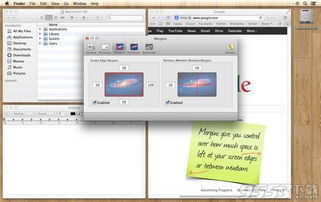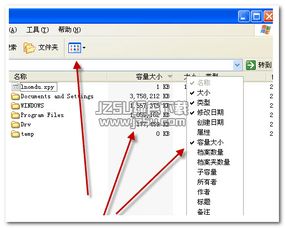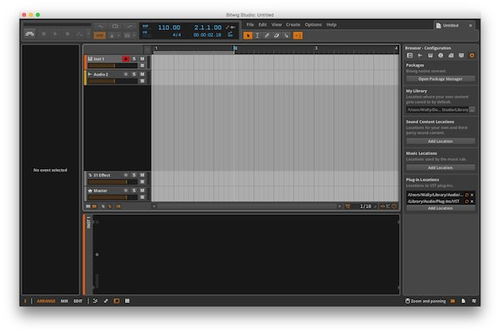
Understanding the Drill Bit Size for M8 Tap: A Comprehensive Guide
When it comes to tapping threads, selecting the correct drill bit size is crucial for ensuring a successful operation. In this article, we will delve into the specifics of the drill bit size for an M8 tap, providing you with a detailed and multi-dimensional introduction. Whether you are a seasoned professional or a beginner in the field, this guide will equip you with the knowledge needed to make informed decisions.
What is an M8 Tap?

An M8 tap is a type of screw thread cutting tool used to create internal threads in materials such as steel, aluminum, and brass. The M8 refers to the metric thread size, where the diameter of the thread is 8 millimeters. Taps are available in various materials, including high-speed steel (HSS), cobalt, and carbide, each offering different characteristics and applications.
Choosing the Right Drill Bit Size for M8 Tap

Selecting the appropriate drill bit size for an M8 tap is essential to ensure proper thread engagement and avoid damaging the workpiece. Here are some key factors to consider:
-
Thread Pitch: The thread pitch refers to the distance between adjacent threads. For an M8 tap, the pitch is typically 1.25 millimeters. To determine the drill bit size, you need to subtract the pitch from the tap diameter. In this case, it would be 8mm – 1.25mm = 6.75mm. Therefore, a drill bit size of 6.75mm is recommended.
-
Material: The material being tapped plays a significant role in selecting the drill bit size. For softer materials like aluminum, a slightly larger drill bit size may be necessary to ensure proper thread engagement. Conversely, for harder materials like steel, a smaller drill bit size may be required to prevent tool breakage.
-
Thread Depth: The depth of the thread also affects the drill bit size. A deeper thread requires a larger drill bit size to ensure proper engagement. As a general rule, the drill bit size should be 60% to 70% of the thread depth.
Drill Bit Materials and Types

Drill bits for M8 taps come in various materials and types, each with its own advantages and applications:
-
High-Speed Steel (HSS): HSS drill bits are the most common and versatile option. They are suitable for general-purpose tapping and offer good durability and heat resistance. However, they may not be ideal for high-speed or heavy-duty applications.
-
Cobalt: Cobalt drill bits are designed for harder materials and offer increased heat resistance and durability. They are suitable for tapping materials like stainless steel and high-alloy steels. However, they are more expensive than HSS drill bits.
-
Carbide: Carbide drill bits are the most durable and offer excellent heat resistance. They are suitable for high-speed and heavy-duty applications, but they are also the most expensive option.
Drill Bit Size Table for M8 Tap
Below is a table showcasing the recommended drill bit sizes for M8 taps, based on thread pitch and material:
| Thread Pitch | Material | Drill Bit Size |
|---|---|---|
| 1.25mm | Aluminum | 7.5mm |
| 1.25mm | Steel | 6.75mm |
| 1.25mm | Stainless Steel | 6.75mm |
| 1.25mm | Brass | 7.5mm |
Conclusion
Choosing the correct drill bit size for an M8 tap is essential for successful tapping operations. By considering factors such as thread pitch, material, and thread depth, you can select the







